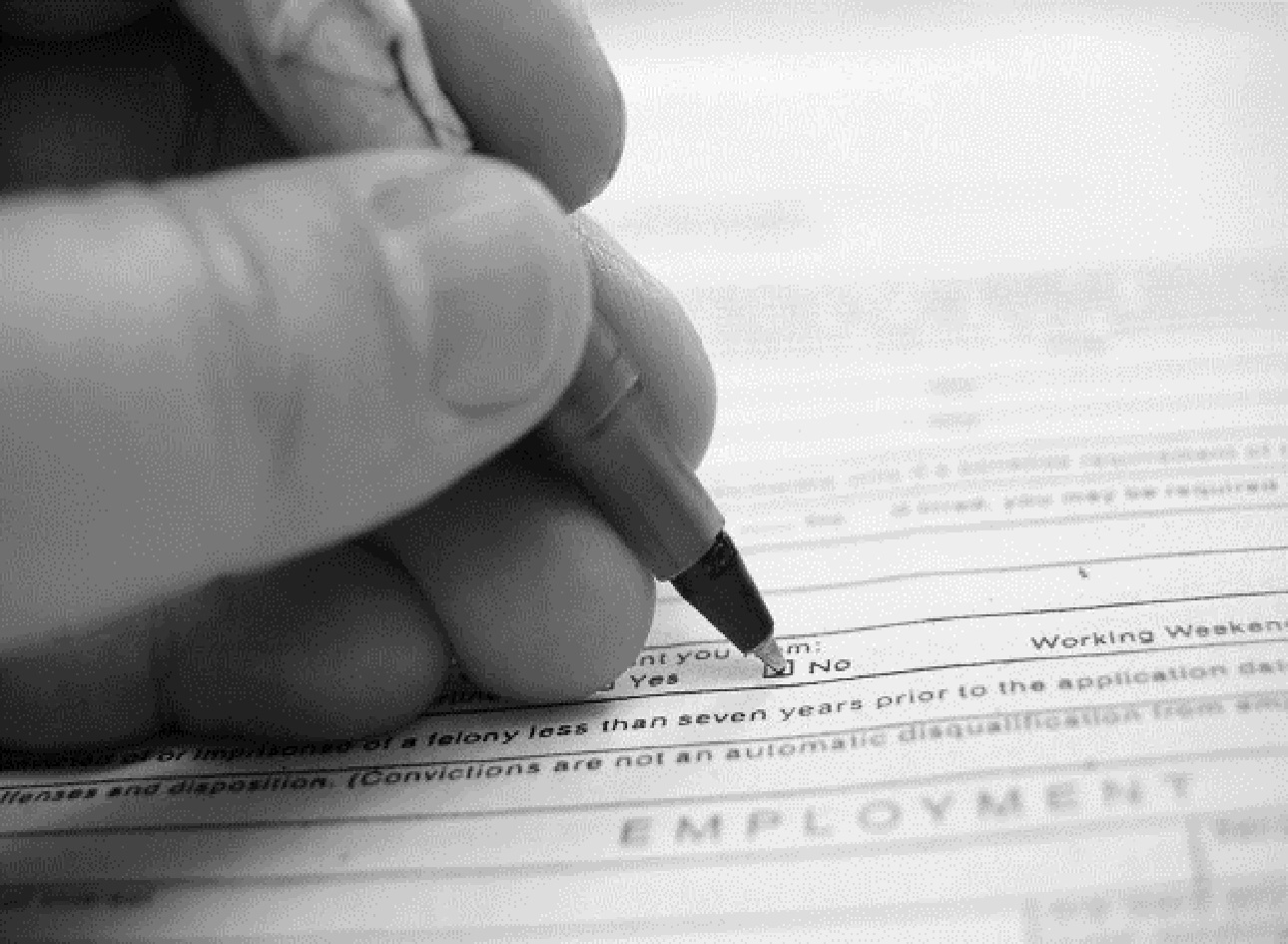Being unemployed is bad for our mental well-being, but if we lose our job more than once does the psychological blow lessen in some way? Researchers Cara Booker from the University of Essex and Amanda Sacker at the International Centre for Lifecourse Studies at UCL used the long-running British Household Panel Survey to examine the psychological well-being of people who have repeatedly lost their jobs. Their findings show that our employment history makes a difference and could have implications for welfare to work initiatives from Governments looking to get people back to work.
Continuous employment may be what is best for us, but of course life is not always that straightforward and, at any given time, a significant proportion of the population will be out of work. This could be because we choose to take time out to undertake training or to have a family. We may fall ill or be made redundant.
The world of work is also becoming more flexible. Fewer people are staying with the same firm for long periods of time and more people are moving from contract to contract or job to job, sometimes with spells of unemployment in between.
At the same time, the Government wants to get more people off benefits and into work and is looking to make its Work Programme more effective.
Using 17 years of data collected from the participants in the British Household Panel Survey (1991-2008), we looked at any individual who had reported at least one spell of unemployment. Of these 1,642 participants, 82 per cent were unemployed once, 15 per cent twice and 3 per cent three or more times.
Mental health score
Participants were asked a range of questions about their mental health and answers to these were used to allot a score with 0-11 indicating good psychological health and 12 or more indicating stress or anxiety that could lead to ill health. The time periods before and after a spell of unemployment were also taken into account because job loss isn’t generally something that happens suddenly and there can be weeks or months building up to it.
Looking at the group as a whole, we found their psychological well-being was generally poorer during all spells of unemployment compared with when they were not unemployed, but there was no evidence of a lowering or increasing of the effect from one spell of unemployment to the next.
When we dug deeper into participants’ prior work history, however, we saw some differences between those people who had previously been ‘economically inactive’ (voluntarily not working e.g. to look after family or study) and those who had been working.
Those who prior to being employed had been ‘voluntarily’ not working suffered poorer psychological well-being after they went on to lose their job but became notably worse in the third spell of unemployment.
The previously employed group’s psychological well-being also took a knock after losing a job once and then again, but, by the third time there was no change, a possible indication that the individual is somehow adapting or getting used to dealing with the ‘shock’ of becoming unemployed.
When we compared levels of psychological well-being between these two groups, they were notably lower among the previously employed at unemployment spells one and two, but this was reversed at spell three.
Employment history matters
So only when we took into consideration being economically inactive as opposed to employed, did a slightly clearer picture emerge around this question of whether people adapt to the ‘shock’ of unemployment, with those previously employed seeming to adapt and those previously economically inactive becoming increasingly sensitive to it. These findings were given further weight when we looked at retrospective employment histories before the BHPS began.
One explanation for this is that those who come from an employed background tend to find work again after each unemployment spell they experience, so they become less anxious about finding another job. The economically inactive, meanwhile, seem to find it harder to enter and re-enter the job market which could account for increased anxiety with more attempts to sign up as ‘unemployed and seeking work’.
Household income also played a role with those who were economically inactive on higher than average incomes experiencing worse psychological well-being than their less off counterparts when making an unsuccessful attempt to enter employment.
In its recent Welfare-to-Work report, the Work and Pensions Committee pointed out that key to the programme’s success was providing unemployed people with “the right help at the right time” and a better understanding of the barriers and characteristics that prevent a swift return to work. A better understanding of the impacts of repeated spells of unemployment on people’s well-being would seem to resonate here.
It is also clear that good quality, secure employment opportunities with long term prospects are key to people’s health and happiness.
Psychological well-being and reactions to multiple unemployment events: adaptation or sensitisation? is research by Cara Booker and Amanda Sacker and is published in the Journal of Epidemiology and Community Health.
